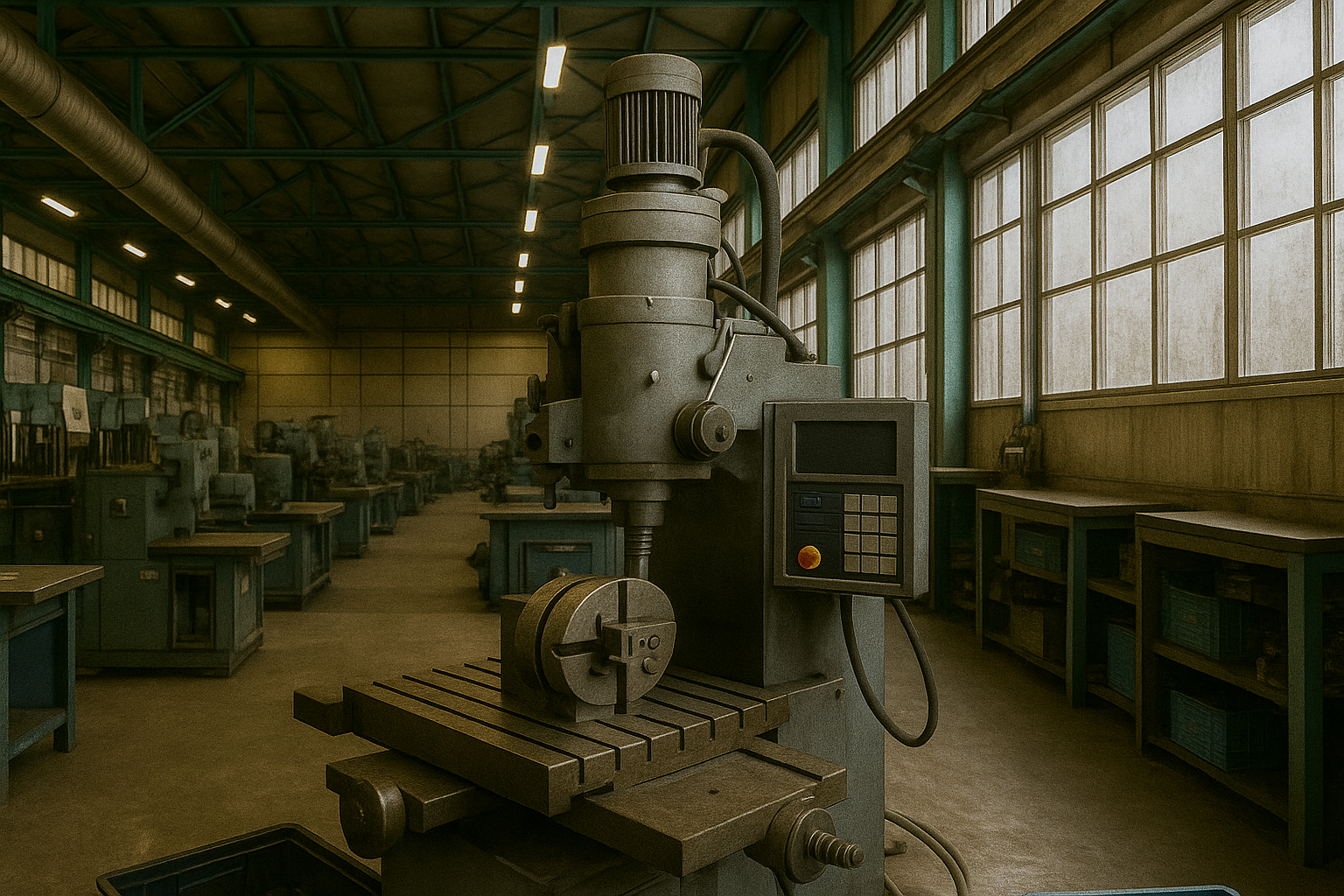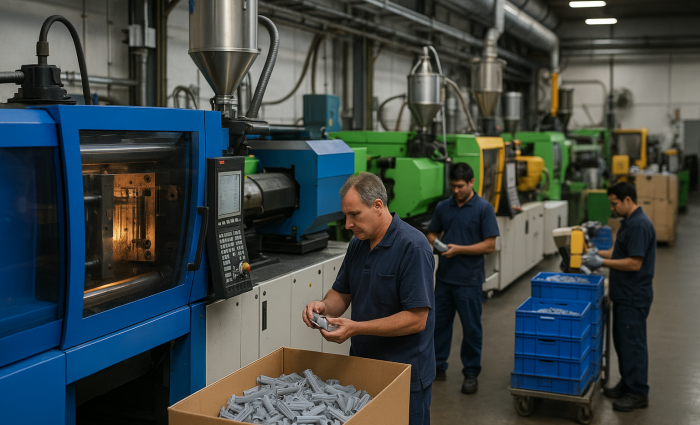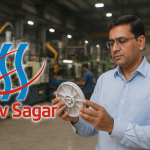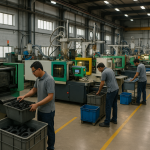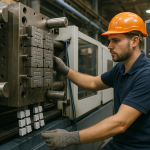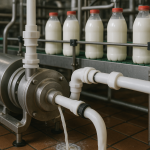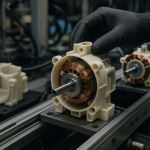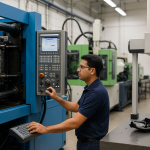When it comes to plastic injection moulding, the material you choose can make or break your product. The right polymer delivers strength, flexibility, durability, and safety — while the wrong one can result in product failure, regulatory issues, or excess cost.
At Shiv Sagar Enterprise, we help clients choose from a wide range of engineering and commodity plastics, ensuring that each component is tailor-made for its function, environment, and industry standards.
In this blog, we break down the most commonly used injection moulding materials, their properties, and how to choose the right one for your application.
Why Material Selection Matters in Injection Moulding
Each polymer has unique mechanical, thermal, chemical, and electrical properties. The right choice depends on:
- Load-bearing requirements
- Environmental conditions (e.g., moisture, acids, food contact)
- Aesthetic needs (gloss, color, finish)
- Cost targets and regulatory compliance
Material choice impacts:
- Product lifespan
- Assembly and fit
- Safety and reliability
- Moulding feasibility
- Total cost of ownership
Commonly Used Injection Moulding Polymers at Shiv Sagar Enterprise
1. Polypropylene (PP)
Best for: Food-safe containers, caps, filters, hinges, medical components
- Lightweight and flexible
- Excellent chemical and moisture resistance
- Food-grade and recyclable
2. Polyethylene (PE: HDPE, LDPE)
Best for: Chemical tanks, containers, wear strips, pipe fittings
- High chemical resistance
- Impact-resistant (especially HDPE)
- Good for both rigid and flexible parts
Used in chemical industry components, as well as fluid management systems.
3. Acrylonitrile Butadiene Styrene (ABS)
Best for: Enclosures, automotive parts, motor components
- Strong and tough
- Good impact resistance
- Smooth surface and good finish
Ideal for motor housings and fan blades, where both durability and appearance matter.
4. Nylon (PA6, PA66)
Best for: Gears, bearings, wear-resistant parts
- Excellent strength and stiffness
- Heat-resistant and low friction
- Good fatigue resistance
Commonly used in mechanical assemblies and conveyor systems for precision movement.
5. Polycarbonate (PC)
Best for: Safety components, lenses, electrical housings
- High impact resistance
- Transparent (if needed)
- Excellent dimensional stability
Useful in electric motor insulation parts or components that need clarity and strength.
6. Polyvinyl Chloride (PVC)
Best for: Pipes, connectors, chemical tank parts
- Flame retardant
- Resistant to oils and acids
- Rigid or flexible (depending on formulation)
Frequently used in chemical handling and pump applications.
7. Thermoplastic Elastomers (TPE) / Silicone Rubber (LSR)
Best for: Seals, gaskets, overmoulded grips, dairy valves
- Flexible and rubber-like
- High temperature and chemical resistance
- Food and medical grades available
Crucial for O-rings, milk line seals, and vibration-damping parts.
How Shiv Sagar Helps You Choose the Right Polymer
Every client and every product is different. That’s why we offer material consultation as part of our design process. Here’s what we consider:
- Functionality: What does the part need to do?
- Environment: Will it face heat, chemicals, vibration, or impact?
- Budget: Are there cost constraints?
- Compliance: Does it need to be food-grade, ROHS, or ISO compliant?
We source verified raw materials and provide material certification for critical applications, especially in food, chemical, and export sectors.
Moulding for Performance, Not Just Production
Choosing the right material isn’t just a technical decision — it’s a strategic one. At Shiv Sagar Enterprise, we guide OEMs and manufacturers toward the best-fit polymer for both short-term performance and long-term reliability.
With our 25+ years of experience, we help clients avoid costly mistakes like:
- Using rigid polymers where flexibility is needed
- Choosing non-food-grade materials for dairy applications
- Using low-temp plastics in high-heat environments
🧠 Flexibility is why many OEMs moved from large national suppliers to working locally with us.
🏁 Conclusion: The Material Defines the Mould
Whether you’re building a milk processing unit, an electric motor, or a pump system, the success of your product begins with the right material.
At Shiv Sagar Enterprise, we combine engineering insight with advanced moulding capabilities to ensure that every part we make performs exactly as needed — reliably, safely, and cost-effectively.
📩 Contact us today to discuss your moulding needs — and let us help you pick the perfect polymer for your next great product.


